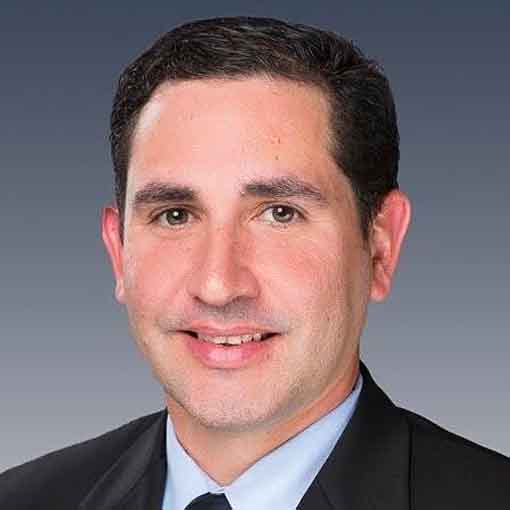Post-SABCS summary & year in review: ctDNA in drug development for breast cancer
Multiple studies have demonstrated that detection of molecular residual disease (MRD) is associated with poor prognosis in breast cancer. Ongoing prospective clinical trials are underway to assess the efficacy of therapeutic interception.
Our expert speakers will discuss the latest data from SABCS 2023 and recent publications and congresses. This will be followed by a panel discussion on the future directions and implications for drug development and clinical trial design in this rapidly evolving space.
Findings presented will span treatment setting, including:
Neoadjuvant:
- Early ctDNA dynamics during neoadjuvant chemotherapy predicted clinical outcomes in high-risk early-stage HER2-negative breast cancers (Magbanua et al, Cancer Cell 2023, George et al., ESMO Breast 2023)
- How ctDNA monitoring during neoadjuvant therapy could facilitate real-time assessment of treatment response, identify patients at high risk of disease progression, and inform treatment strategy in the adjuvant setting (George et al., SABCS 2023)
Post-Op Adjuvant & Surveillance:
- Early stage TNBC patients who were ctDNA-positive post-op did not clear on capecitabine, suggesting a need for novel agents in the adjuvant setting (Gupta et al., ESMO Breast 2023)
- Serial post-operative ctDNA analysis identified patients at very high risk of recurrence (Shaw et al., ASCO 2022, Pusztai et al. & Loi et al. & Medford et al., SABCS 2023)
- Ongoing studies are investigating opportunities to identify and treat patients with very high risk of recurrence (e.g., DARE and LEADER); serial ctDNA testing in the adjuvant setting may be key to enrolling these trials
Metastatic:
- Longitudinal ctDNA testing may serve as a useful tool for detection of progression and monitoring treatment response in patients treated with systemic therapies (Oesterreich et al., SABCS 2023)





